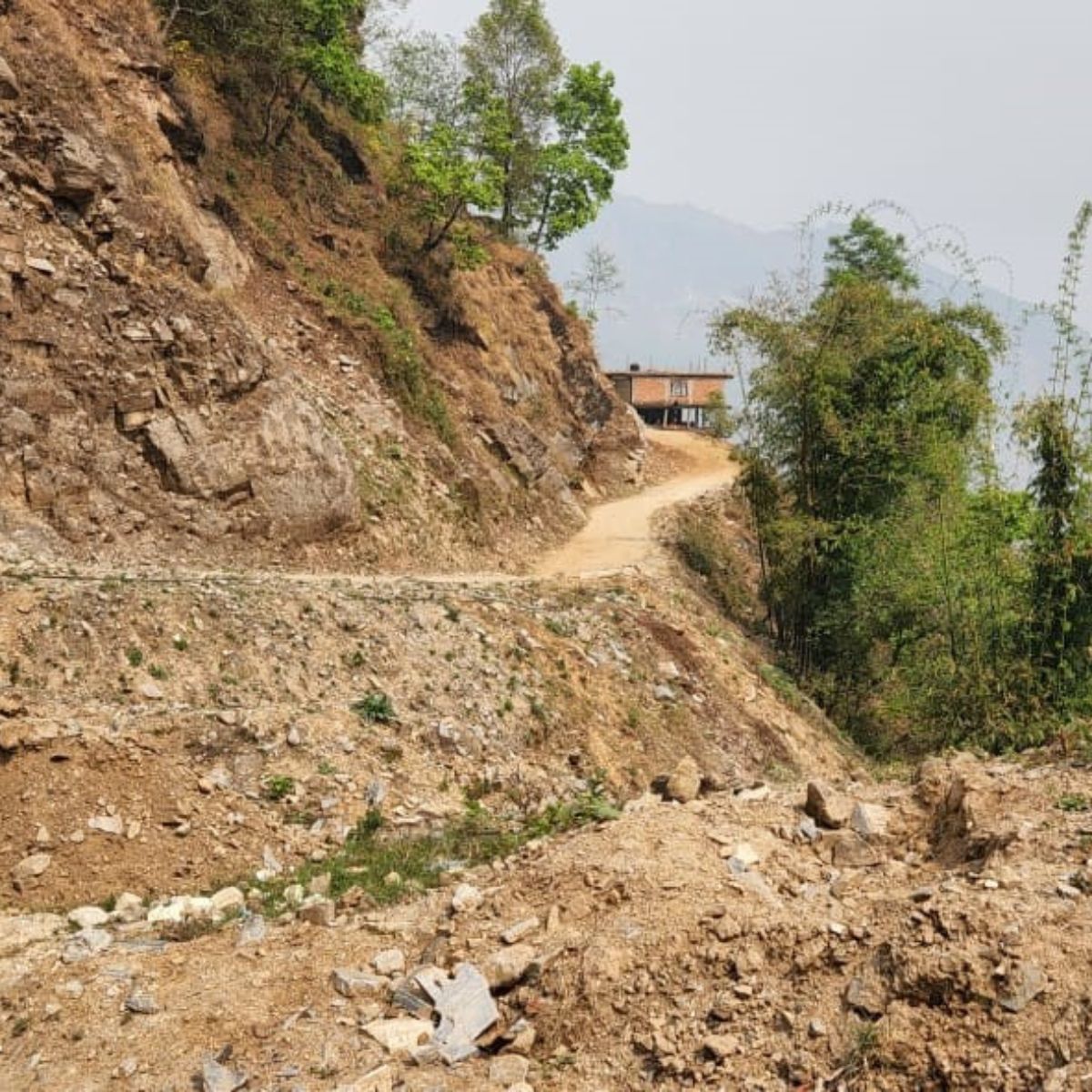Author: zandre
Climate Change Policies
Climate change policies are specific plans, regulations, laws, and actions implemented by governments and other organizations to address and respond to the challenges of climate change. These policies aim to reduce greenhouse gas emissions, promote sustainable practices, and enhance resilience to the impacts of climate change. Climate change policies can be enacted at various levels, [...] Read More
Paving the Way for Resilient Roads: the Secret Lies in Proper Planning
A road section in Nepal left untreated due to insufficient risk-based planning (Photo by Nurul Alam) Climate-resilient transport infrastructure is considered the backbone of livable and productive cities and rural communities. Paved and rural roads in South Asia are necessary for access to essential goods and services, such as jobs, education, health, food, and markets. [...] Read More
